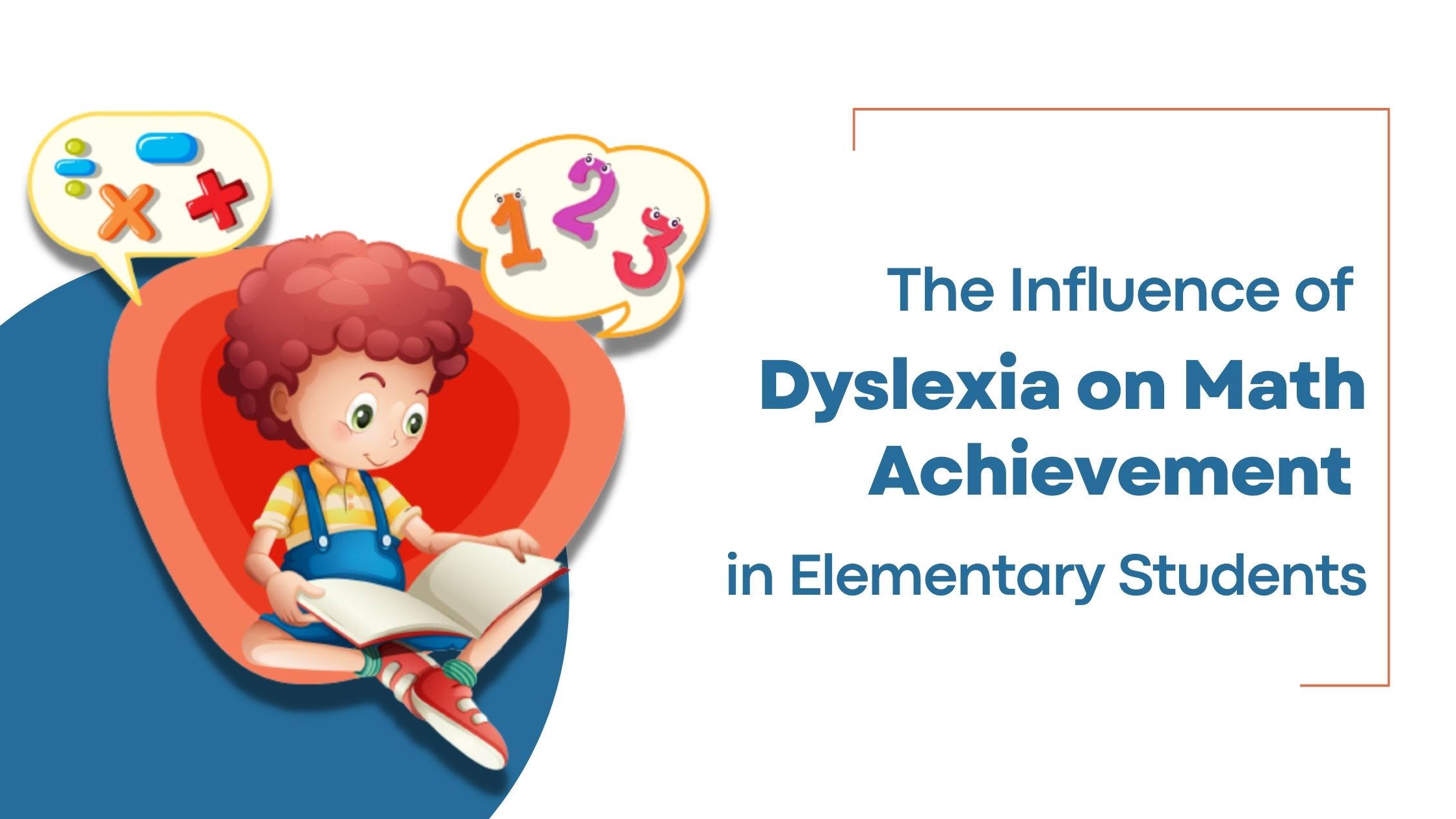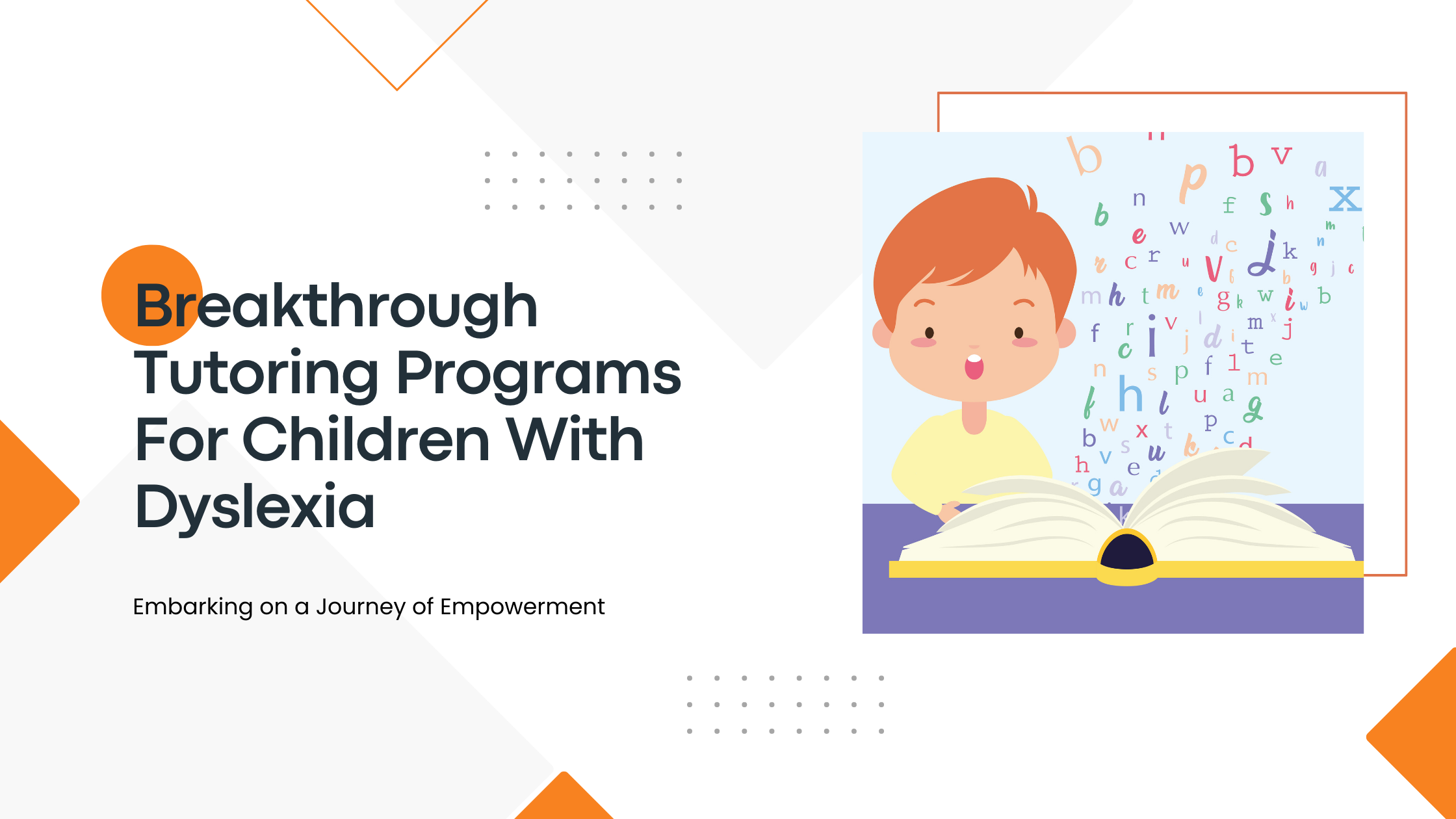Mathematics (math) can be a complicated subject for children to comprehend. Eventually, this lack of comprehension can lead to children becoming frustrated, losing focus, or giving up entirely. It can be a struggle for kids to understand complex math problems, and parents need to recognize that comprehension doesn’t happen overnight. Math concepts are built upon each other—without a solid foundation built during childhood, it can be difficult for children to learn more advanced math as they get older. Fortunately, there are numerous ways you can help develop your child’s ability to learn and retain math. At Strategic Learning Clinic, we understand the role parents play in their child’s education. We’ve developed the following tips to guide your math journey with your child.
How To Build Your Child’s Math Skills
1. Develop A Foundational Understanding of Math Concepts
You can significantly help your child improve their math learning skills by assisting them during their elementary school years. Helping them fully grasp and understand fundamental concepts in their early years will set them up for success as they move through junior high and high school. Foundational skills in addition, subtraction, multiplication, division, measurement, decimals, geometry, algebra, and statistics will set the stage for further interest in learning and build their confidence in math problem-solving. During your child’s early years, your goal should be to motivate them to use their learned skills to solve math problems—and help them to think critically about how to solve more advanced questions. Fostering your child’s ability to figure and reason are skills that will grow with them as they become more advanced in talking or writing about math.
2. Nurture Problem-Solving Skills
You can help your child build math learning skills by motivating them to become critical thinkers and problem solvers. The most effective way to nurture these skills is to make math exciting! Allowing your child to ask questions will help them approach math problems with confidence. To help your child solidify their understanding of key math concepts, motivate them to stick it out and work through one math problem until they find a solution (even if they approach a complex problem by working backward after peaking at the answer key).
3. Build A Positive Attitude Towards Math
Math has a reputation for being hard, but it doesn’t have to be! Showing a positive attitude about math to your child will help prevent them from developing unnecessary mental barriers to the subject. If your child starts with a positive mindset about math and its relationship to other job and life skills, they will develop a natural appreciation for it.
4. Encourage Mathematical Communication
If you’re looking for an effective way to improve your child’s math learning skills, try to include math terminology and concepts in conversations and encourage math-based communication when solving math problems. Encouraging your child to articulate numbers, symbols, and concepts will also help them explain how they wound up with that solution.
5. Develop Math-Based Reasoning Abilities
Math-based reasoning abilities are essentially the skills needed to approach thinking in a logical manner. These skills develop your child’s capability to see differences and similarities and comprehend the relationships between mathematical components. Nurturing these abilities in your child will help enhance their overall thought process.
6. Show That Problems Can Have Many Solutions
Your child should be taught early in their education that there are multiple ways to solve a math problem. Helping your child understand that they can correctly answer the question by applying different solutions will help ease the pressure of finding the “right” answer. Math is more than just finding the answer—many tests and exams ask children to show their work because their ability to reason logically is just as important as coming up with the correct solution. Your child is more likely to approach math with interest and patience if they know there is more than one way to solve a problem.
Benefits Of Hiring An Online Math Tutor
1. One-On-One Attention
One of the primary reasons children lag behind in math is that they don’t receive individual attention from their teacher to work through questions at their own pace. It’s nearly impossible for your child to get the attention they need in a traditional classroom setting. However, when you hire an online math tutor, they provide your child with personalized attention to work through problems and understand progressively more advanced math concepts.
2. Convenient and Comfortable
Learning complex math concepts is much easier for children when it’s done in a convenient and comfortable space. Traditional classrooms can be noisy, distracting, and uncomfortable—not exactly an ideal setting for learning. With online math tutoring, your child can learn in the comfort of their home.
3. Improved Exam Performance
Private online math tutoring will help your child gain confidence in their math skills—which will translate into less stress during exams and improved test results. Online math tutoring can also help prepare your child for exams through the use of practice exams and mock tests—each customized to focus on the areas your child needs additional support.
Contact us today to learn more about our online math tutoring programs.



